If You Let Pasta Cool for 24 Hours, It Reduces Its Calorie Count and Turns it Into a Probiotic
If your beach bod has relied on keeping those calories low get ready to kiss it goodbye because apparently, If You Let Pasta Cool for 24 Hours, It Reduces Its Calorie Count and Turns it Into a Probiotic!
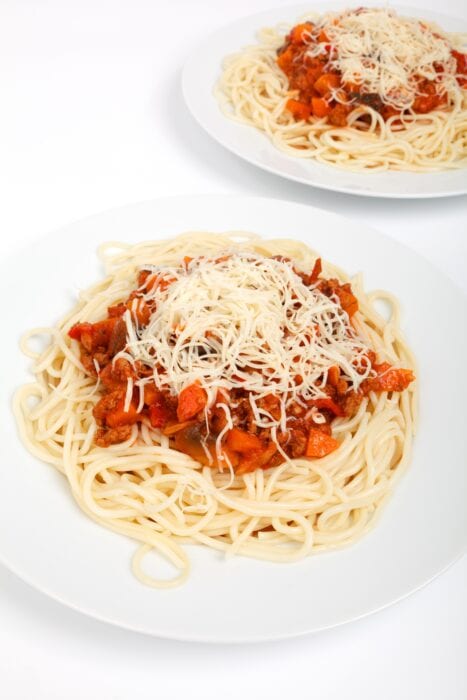
Yeah, it sounds insane but wait until you hear how it works…
According to scientist Dr Denise Robertson, from the University of Surrey, if you cook and then cool pasta down your body will treat it much more like fibre, creating a smaller glucose peak and helping feed the good bacteria that reside down in your gut. You will also absorb fewer calories, making this a win-win situation.
(Source)
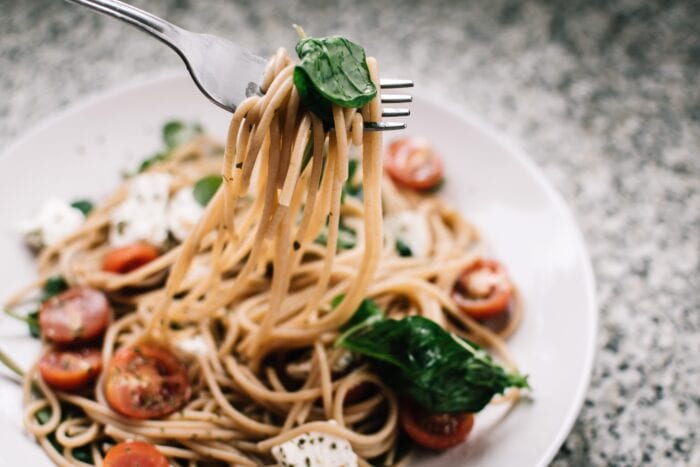
Originally, pasta is a form of carbohydrate and as it gets broken down in your guts and absorbed as simple sugars, it makes your blood glucose soar.
That rapid rise in blood glucose is what causes our bodies to pump more insulin and ultimately causes us to feel hungry shortly after eating. So, then we eat more. Right?
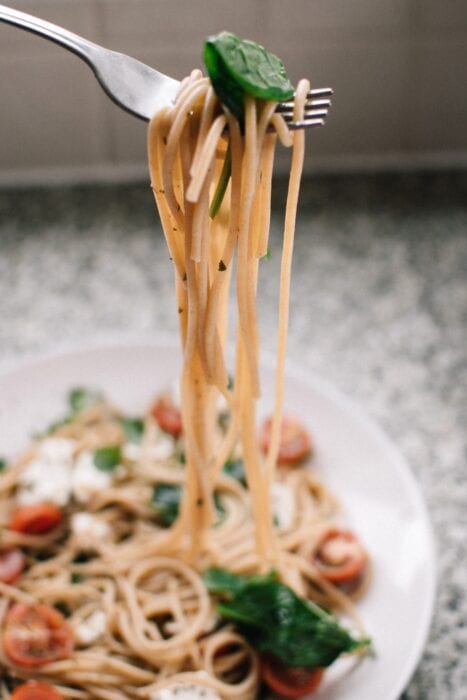
But when you cool your pasta (or similar foods) it changes the structure of the pasta, turning it into something that is called “resistant starch”.
“Resistant Starch” is a starchy food that is cooked and cooled to become resistant to the normal enzymes in our gut that break carbohydrates down and releases glucose that then causes the familiar blood sugar surge.
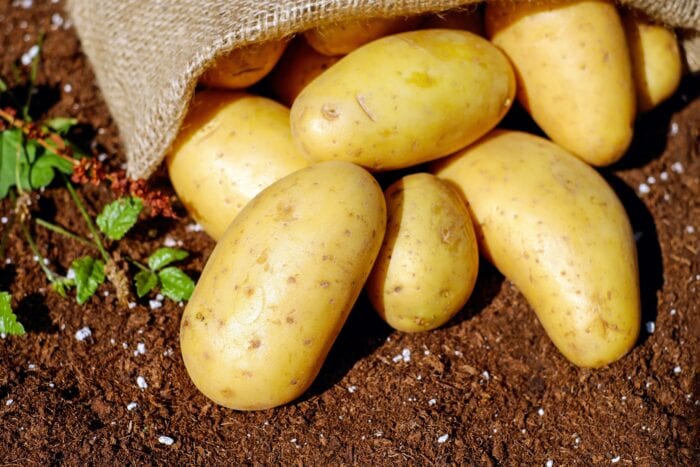
So, you don’t overeat, you don’t absorb them the same and it’s overall healthier.
But does that mean you have to eat cold pasta and potatoes for the rest of your life?
Not exactly.
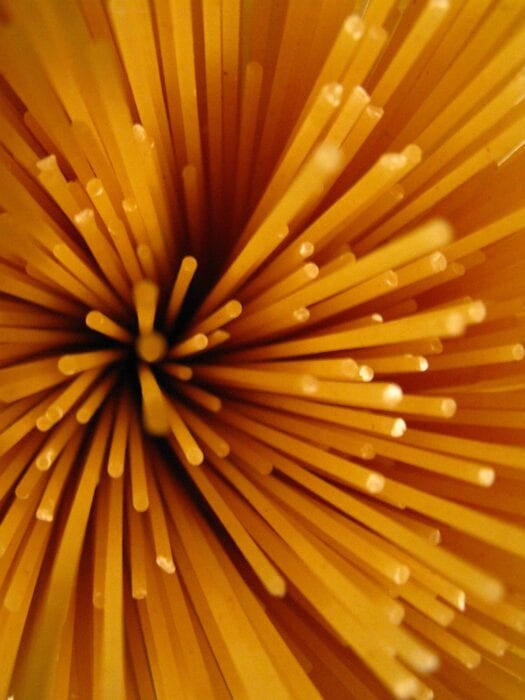
A recent study showed that cooking, cooling and then reheating the pasta had an even smaller effect on blood glucose. In fact, it reduced the rise in blood glucose by 50%.
Um, what?!
So, the moral of the story is – cook, cool then reheat your food. It may take some extra time but it will lower it’s calorie count and help become a probiotic (healthy gut bacteria).
I bet your mind is now blown because mine sure is!
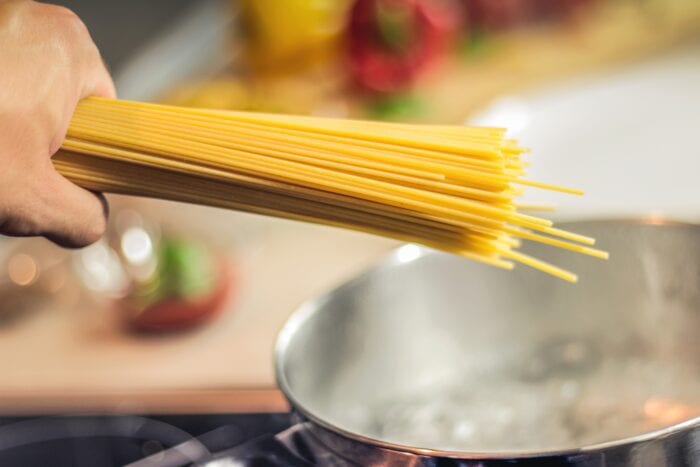



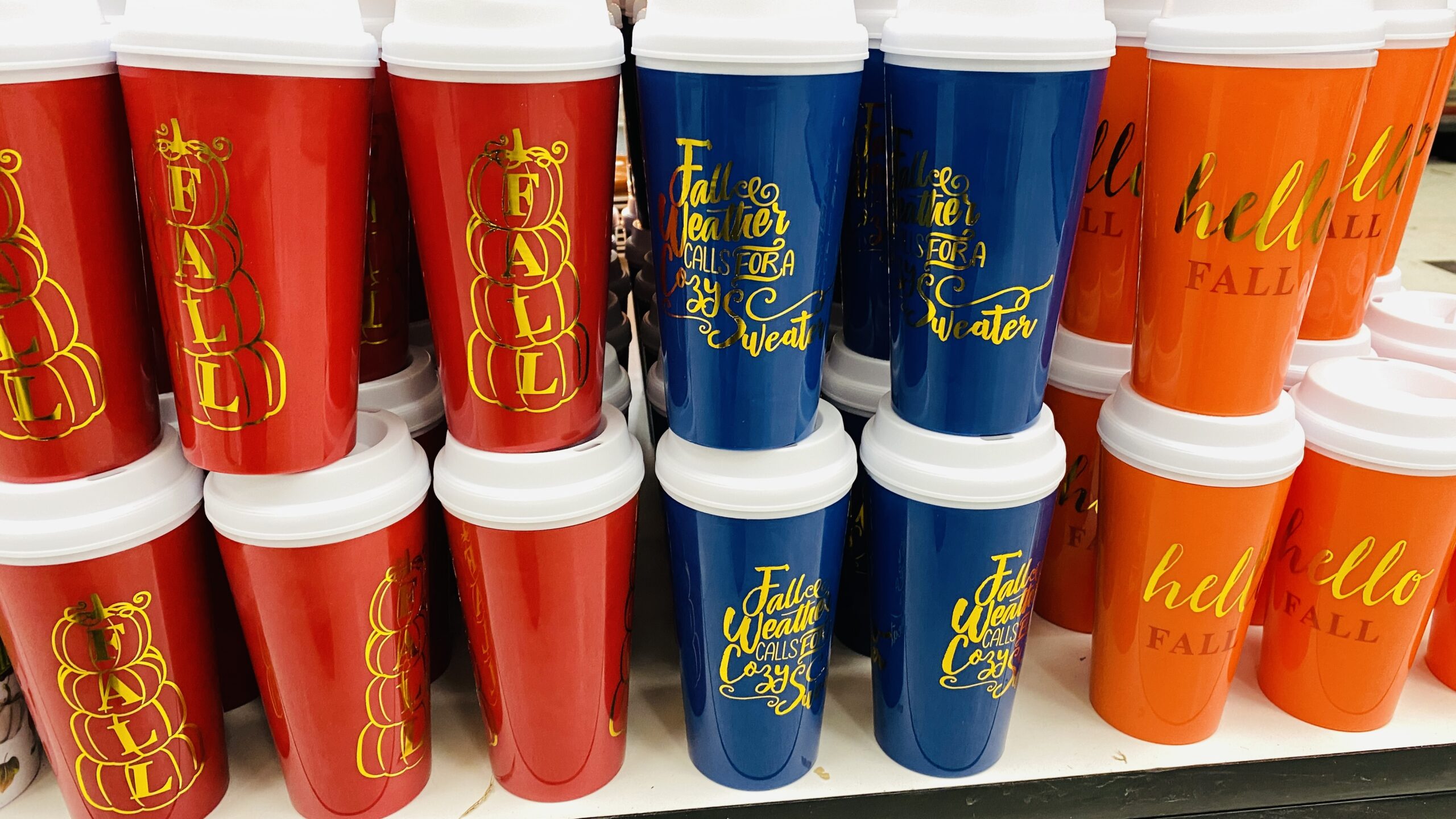

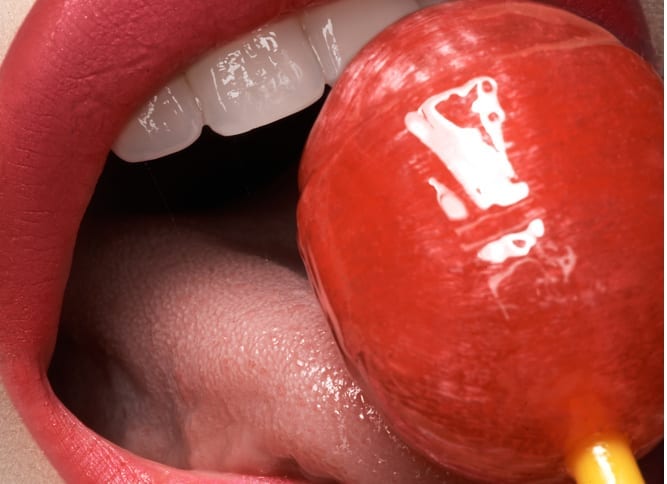

Interesting article! I didn’t see in the source where it mentioned it being a prebiotic. Is there something I missed?